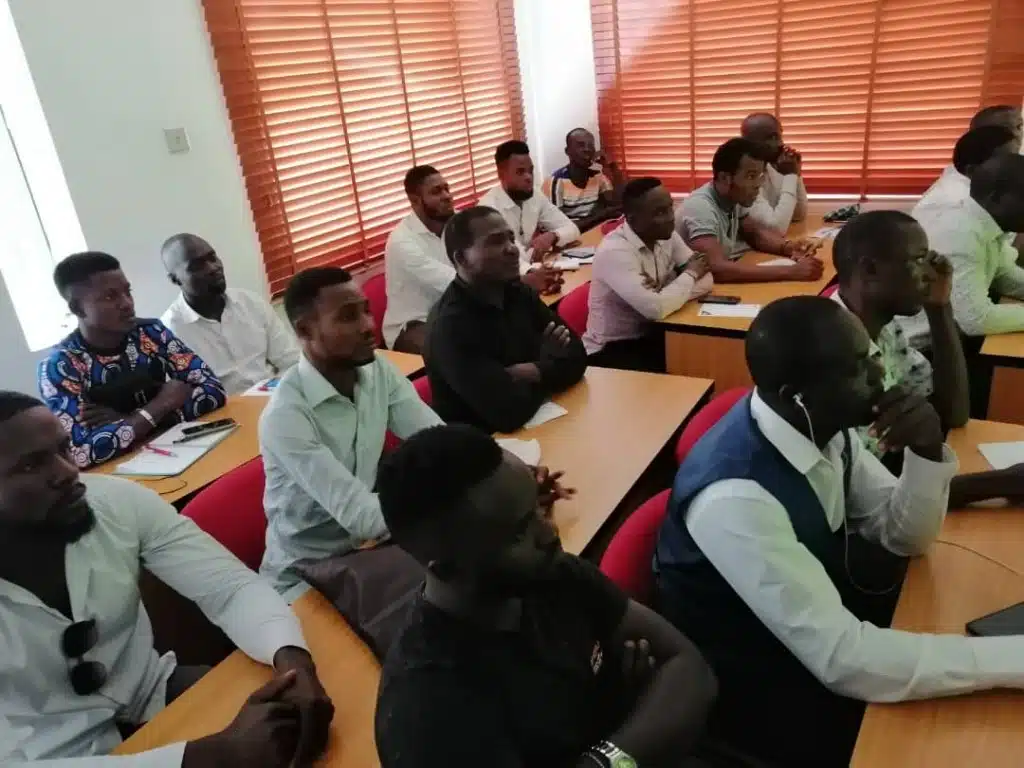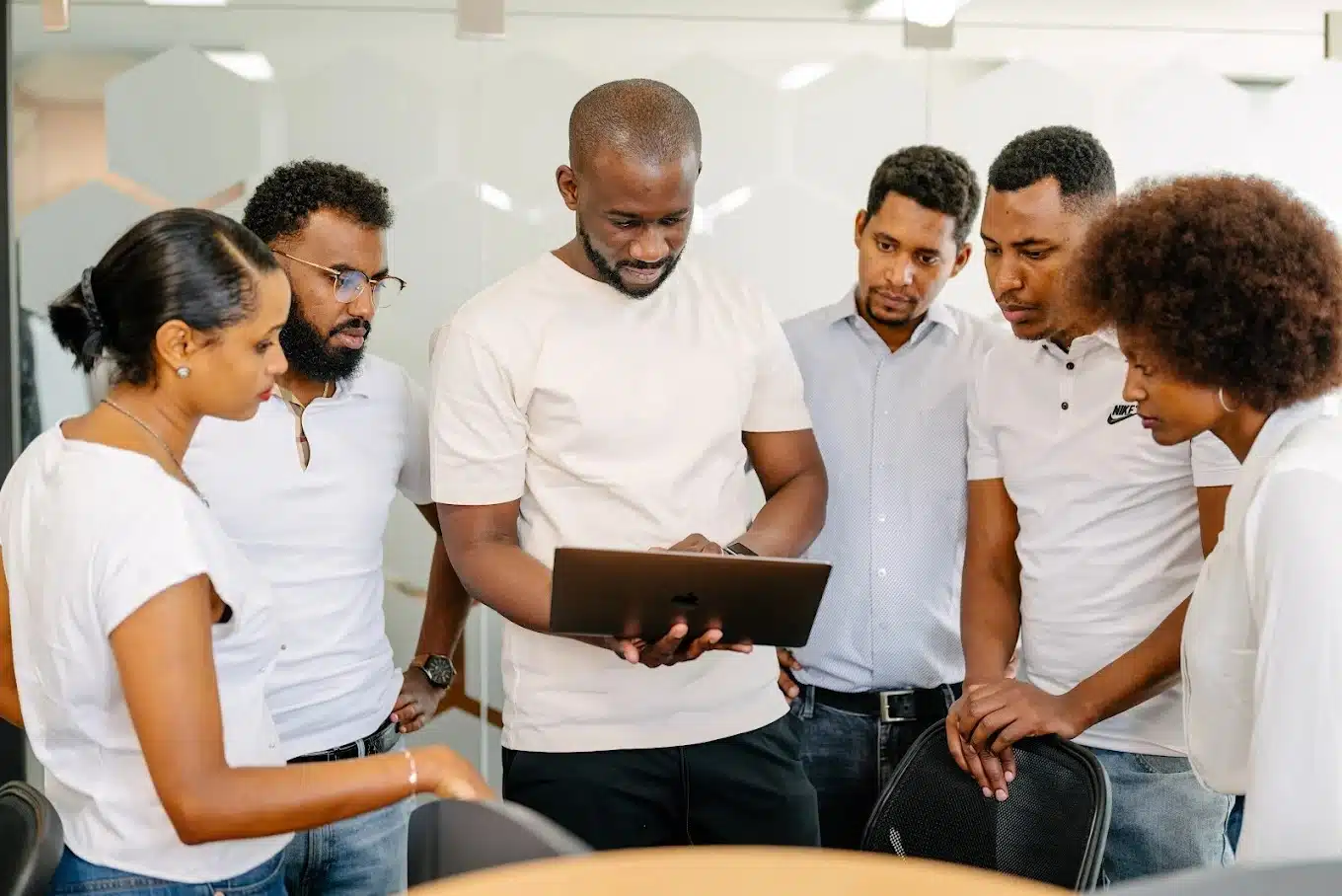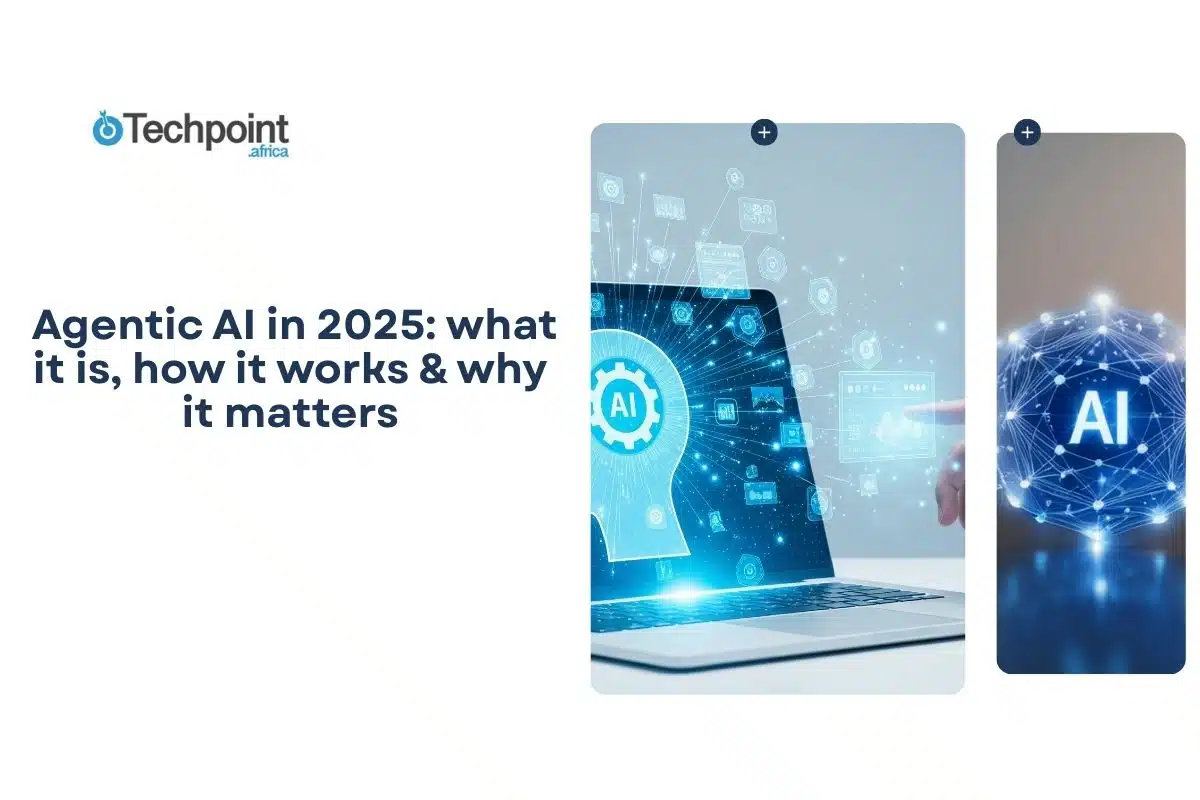The Nigerian government, in partnership with Google and Apolitical, has launched an AI training initiative for public servants to help the country’s civil service embrace artificial intelligence as a tool for better governance.
Dubbed the AI Government Campus, the programme will be delivered through the Apolitical Government AI Campus, which will train thousands of public servants and government leaders to understand and apply AI in public administration.
The initiative is a collaboration between Google, the Federal Ministry of Communications and Digital Economy (FMCIDE), and Apolitical, a global learning platform for government innovation.
Speaking at the launch event in Abuja, Bosun Tijani, Minister of Communications and Digital Economy, said AI could significantly improve how Nigeria’s public institutions operate.
“We see artificial intelligence as a major driver of productivity across our key sectors,” he said. “We are putting resources into ensuring AI becomes native to our civil service — to accelerate the time we spend on processes and to deliver better outcomes for citizens.”
During his presentation, Adewolu Adene, Google’s Government Affairs and Public Policy Manager for West Africa, said that while many people argue Nigeria should focus on more pressing issues before embracing AI, “the real risk isn’t AI itself — it’s the missed opportunity.”
He used relatable examples like a Brazilian city that built a virtual assistant for citizen engagement in just 49 days to show that AI can boost productivity and enhance public service delivery without massive budgets or complex infrastructure.
Chris Ferguson, Vice President at Apolitical, emphasised that structured training is key to responsible AI adoption. “This initiative will equip Nigerian public servants with the capability to lead digital transformation with confidence and foresight,” he said.
The Apolitical platform will provide courses covering AI fundamentals, ethical frameworks, and leadership applications for AI in government.

Victoria Fakiya – Senior Writer
Techpoint Digest
Stop struggling to find your tech career path
Discover in-demand tech skills and build a standout portfolio in this FREE 5-day email course
Adene added that Google’s goal is to ensure that technology isn’t just available to the private sector but also to the policymakers shaping Nigeria’s future.
“By working hand-in-hand with public sector leaders, we’re not only providing technical tools but sharing knowledge that helps them build smarter, more inclusive governance,” he said.
The partnership is part of Google’s broader effort to strengthen AI capacity across Africa following similar investments in education, AI research, and innovation hubs in Ghana, Nigeria, and Kenya.
Google has already made several moves to build AI skills in Nigeria prior to this new training initiative.
In October 2024, Google committed ₦2.8 billion in grants to boost AI talent development across the country.
That grant supports programmes like DeepTech Ready Upskilling, which targets 20,000 Nigerians for training in data science and AI, as well as Experience AI, which is aimed at helping educators teach AI concepts to 125,000 students.
More recently, Google has empowered university students in Nigeria and four other African countries with free access to its premium AI tools for 12 months.
This kind of initiative helps build a pipeline of young people familiar with advanced AI tools before they ever enter government service.
However, the real test will be whether public servants can put what they learn into practice, whether ministries commit resources, and whether this leads to measurable improvements in how government works for citizens.










